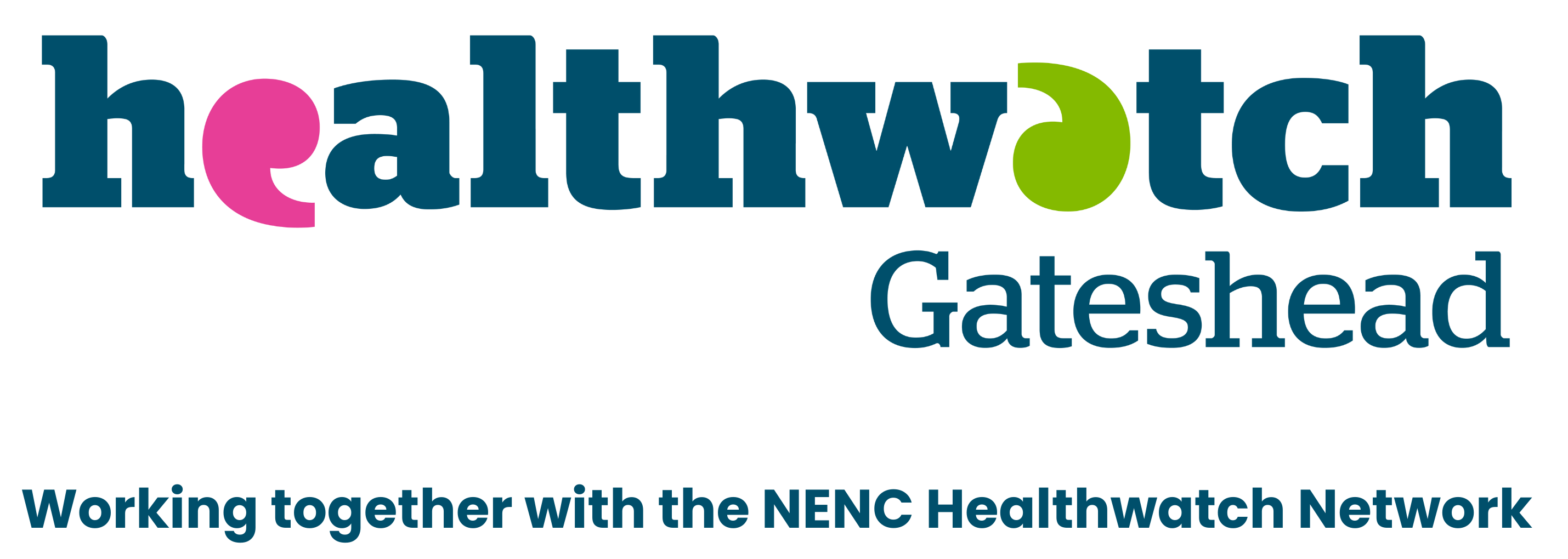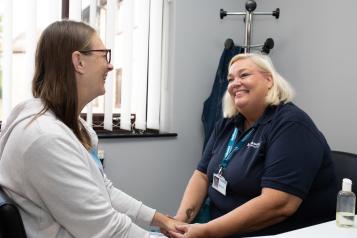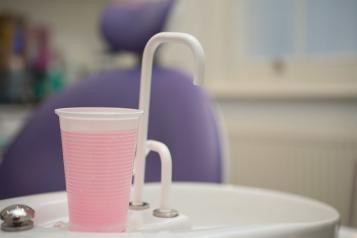Accessing NHS dental care in the North East and North Cumbria

This information is provided by the North East and North Cumbria Integrated Care Board (ICB). You can find out more on their website.
There are four ways patients can access NHS dental care:
1. Contact an NHS dentist
NHS dentists provide routine dental care and urgent care appointments during their normal working hours.
Patients should contact their regular dentist if they have one or they can find an NHS dentist at https://www.nhs.uk/service-search/find-a-dentist.
If patients have an urgent care issue and cannot get an appointment with an NHS dentist, they can contact the services below. See appendix 1 for the criteria for urgent care appointments.
2. Contact dentists that have extra urgent appointments
Selected dentists across the region have extra urgent appointments. A list of contact details for those practices can be found on the ICB's website at:
https://northeastnorthcumbria.nhs.uk/here-to-help-you/nhs-dentistry
Patients can ask for an urgent appointment at any of the practices listed.
The number of urgent appointments available at each practice will vary across the days and weeks, so we cannot guarantee an appointment will always be available.
3. Book an appointment at an urgent dental access centre
Urgent dental access centres offer appointments to diagnose and treat urgent dental problems.
Patients can book their own appointment at an urgent dental access centre at
https://northeastnorthcumbria.nhs.uk/here-to-help-you/nhs-dentistry
4. Contact NHS 111 for urgent care
Patients should contact 111.nhs.uk or call 111 if they cannot find an urgent appointment with any of the NHS dental services above and they have:
- Severe toothache that causes pain that does not stop or cannot be eased by over-the-counter painkillers.
- Dental abscess infections that cause swelling, pain and possibly fever.
- Broken or knocked-out teeth.
- Bleeding in the mouth following a dental procedure or an injury that does not stop by itself but can be controlled. If bleeding cannot be controlled in any way, emergency care may be needed.
- Swelling in the mouth or face that could be a sign of infection.
- Fractured, loose or displaced fillings causing pain.
- Severe bleeding from gums or conditions affecting other soft areas of the mouth (such as cheeks or tongue).
The NHS 111 health advisor will talk to the patient about their needs.
If they do not need help right away, the health advisor will give the patient advice on how to treat the problem themselves until they can get an appointment.
If the patient does need urgent help, NHS 111 may be able to find them an appointment during normal working hours at an urgent dental access centre or at an out-of-hours treatment service.
Most general hospitals do not have an on-call dental service for dental pain so patients should visit 111.nhs.uk or call 111 for emergency dental care.
Patients should only go to A&E or call 999 if they have:
- Serious injuries to the face, mouth, jaw or teeth.
- Heavy bleeding from the mouth that will not stop.
- Severe swelling of the mouth, lips, throat or neck, and difficulty breathing or opening 1 or both eyes.
- Any injury to the head or face that has caused them to lose consciousness, vomit, or have double vision.
Find our more on the local ICB's website: https://northeastnorthcumbria.nhs.uk/here-to-help-you/nhs-dentistry



